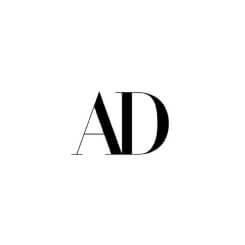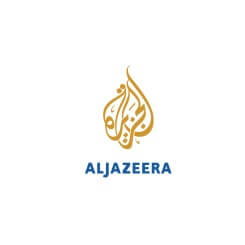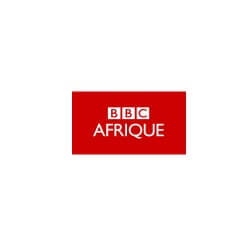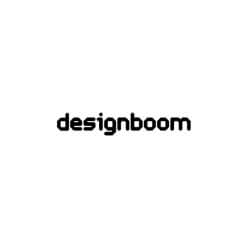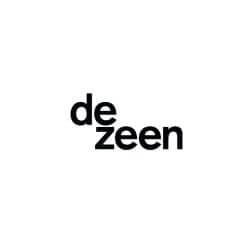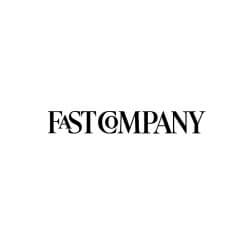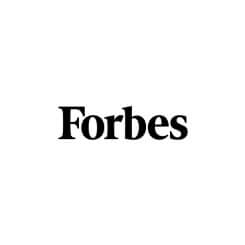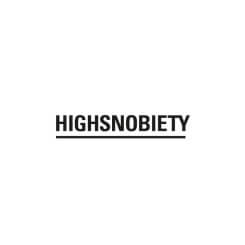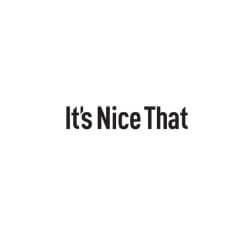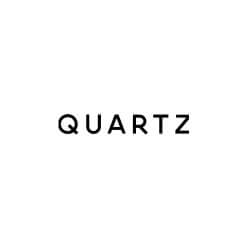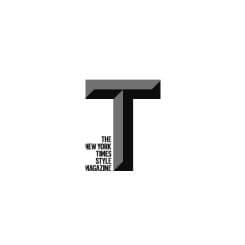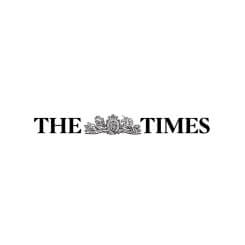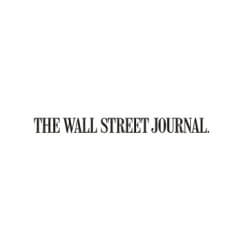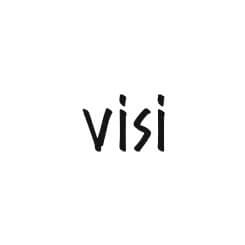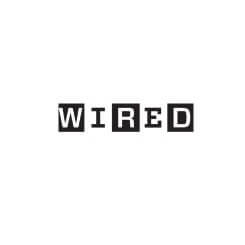OUR VISION
Universal access to clean energy
OUR MISSION
To design and deliver affordable clean energy solutions and inspire people to take climate action
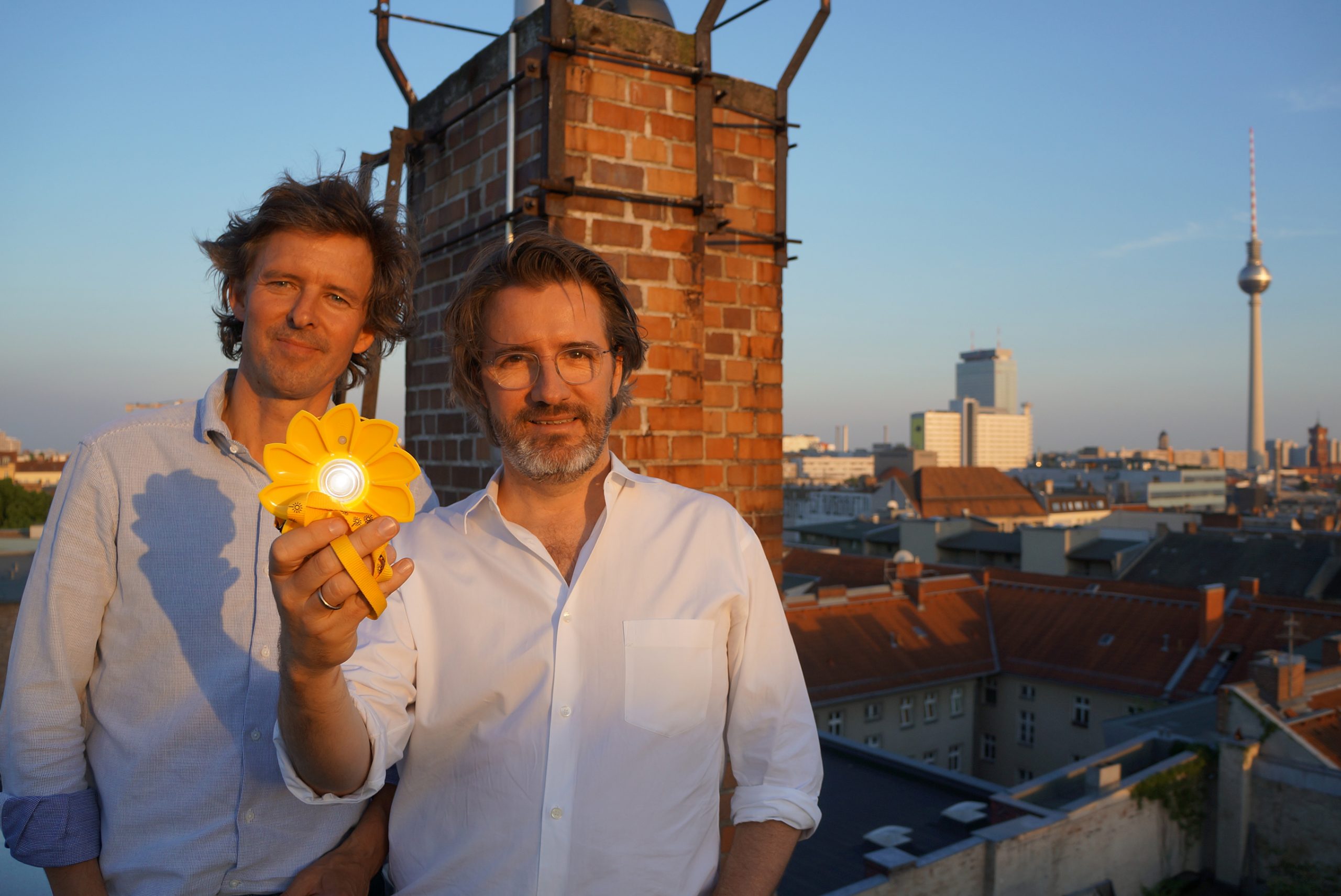
Frederik,
Founder
Olafur,
Founder
OUR WORK
A marriage of art and science, Little Sun was founded in 2012 by artist Olafur Eliasson and engineer Frederik Ottesen. Their collaboration produced the Little Sun lamp—a small, portable, solar light—that was first distributed to people living without electricity in Ethiopia. The lamp is a practical tool that enables students to study after dark, mothers to take better care of their children at night, and families to reduce the effects of toxic fumes from fuel. The lamp has also become an icon of the renewable energy future that is critical to humanity and the natural world.
While we have continued to distribute solar lamps across Africa and to use them as a way to give people everywhere direct and personal experience with solar energy, we have learned that lamps are only the first step on the energy access ladder.
Energy makes it possible for people to build a thriving economy – to increase agricultural production by mechanizing equipment – to build health services with refrigeration for medicines, and modern equipment for lab tests. Energy helps entrepreneurs start and grow businesses.
Today, Little Sun works together with communities living without electricity to test and implement ways to use solar power in Sub-Saharan Africa.
Little Sun provides solar energy for water pumping, staple crop processing, cold storage, and food drying which increases agricultural productivity for smallholder farmers. In Senegal, we partner with women’s groups to use solar cereal mills and food dryers to reduce post-harvest waste, save time, and add value. In Ethiopia, we deploy solar irrigation systems that allow farmers to grow crops during droughts and dry seasons. In Zambia, we work primarily with women farmers to employ solar powered milk containers that cool raw milk quickly so that the milk doesn’t spoil before it reaches market. In Burkina Faso, we are piloting solar powered egg incubators to radically increase hatching rates for hens.
Little Sun brings solar lights to children and educators in Sub-Saharan Africa so they can benefit from a safer, healthier, and more productive learning experience. A simple solar light can have a big impact on a child’s life. It helps students get rid of toxic smoke from burning coal or wood for light. It saves their parents up to 20% of the household’s income – money that can be spent on food, clothes, and school supplies for their children. It makes children, especially girls, walking home from school feel safer by giving them light in the dark. And it’s free: The Little Sun lamp harvests the power of the sun and stores it so that children can use it every night.
Little Sun distributes solar phone chargers to Community Health Workers so that they can access data tools and patients’ records, provide more accurate diagnoses, communicate more efficiently, and work more safely after sunset. We provide basic solar health systems to off-grid rural health centers so that midwives can safely deliver babies at night and doctors can better treat patients and provide essential vaccines.
Little Sun responded to the Covid 19 crisis by expanding its health programming. We have equipped thousands of frontline Community Health Workers with solar phone chargers and equipped hundreds of rural health facilities in Senegal and Ethiopia with solar systems to power lighting and diagnostic equipment.
There are more than 85 million displaced people across the globe. Little Sun works with humanitarian aid agencies to distribute solar devices to refugees, internally displaced people, and host communities in Ethiopia, Greece, Nepal, Niger, Rwanda, South Sudan, and Ukraine among others.
OUR APPROACH
We know that every problem requires a different solution. We build strong local partnerships and value local ownership. We believe that when energy is clean and distributed, individuals, families, and communities can own their source of power, which enhances local self-sufficiency, independence, and resiliency.
We work with girls to increase the odds that they will complete primary education and we work with women to help them get fairer prices for their products and to earn better incomes. We work with local communities and the private sector to create jobs using clean energy. Since 2012, Little Sun has helped to create thousands of local jobs, particularly for women.
Together, we can build a thriving world powered by the sun.
Little Sun is committed to using the power of our voice to move the world towards clean energy. Our programs in Africa are just the beginning of what we can accomplish with your help. Together we can:
- Empower communities through solar energy
- Advance climate justice
- Transition to a world powered entirely by renewable energy
CITIZEN ENGAGEMENT
Little Sun leads public campaigns using creativity, emotion, and hopeful storytelling to rouse citizens to shift to renewable energy and to respond to the climate crisis. Little Sun has launched a communications campaign (Reach for the Sun in April 2021), a series of short films (Fast Forward in July 2021), a benefit art auction (Solar Panel Art Series in September 2021), and a solar powered light poem urging divestment from fossil fuels and commitment to renewable energy at COP26 (Grace of the Sun, October 2021).
Little Sun lamps give each of us an intimate and personal experience with solar energy. We have featured our lamps in concerts, global gatherings, and in creative activities such as Solar Sunrises, Solar Gardens, and Sunlight Graffiti.





WHERE WE WORK
We work primarily in Burkina Faso, Ethiopia, Senegal, Rwanda, and Zambia, drawing on the expertise of in-country staff. Through close partnerships with local organizations, we also work in Kenya, Nigeria, and Tanzania. Little Sun has offices in Berlin and New York.
Through our work, we have provided 870, 000 personal solar devices to students and teachers, Community Health Workers and midwives, and to refugees and internally displaced people. This has enabled 139 million additional study hours for children, saved households $175 million in expenses, and helped reduce CO₂ emissions by 1 million metric tons.
Partnerships
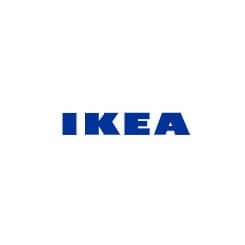
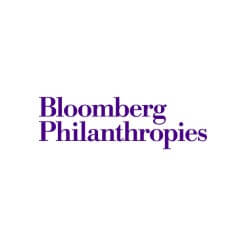

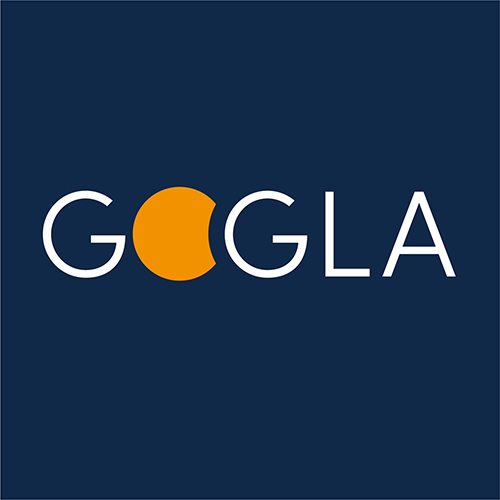
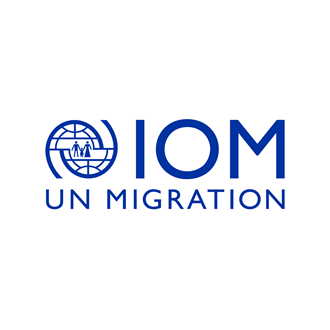
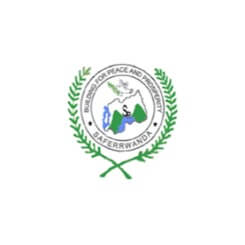

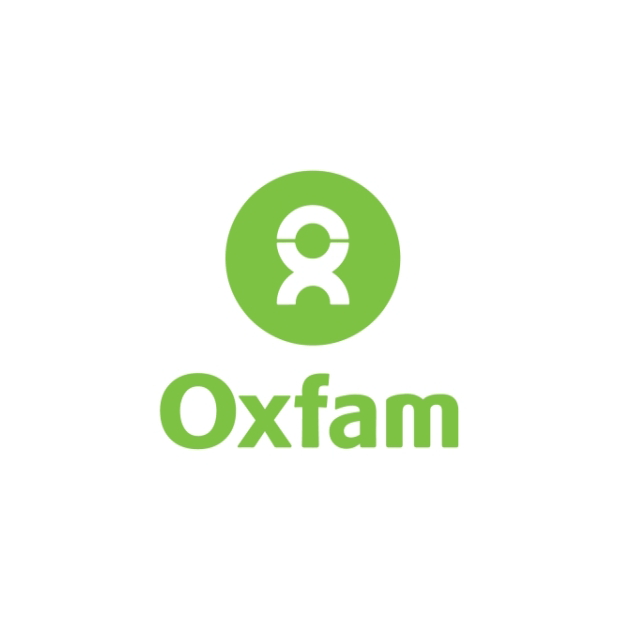
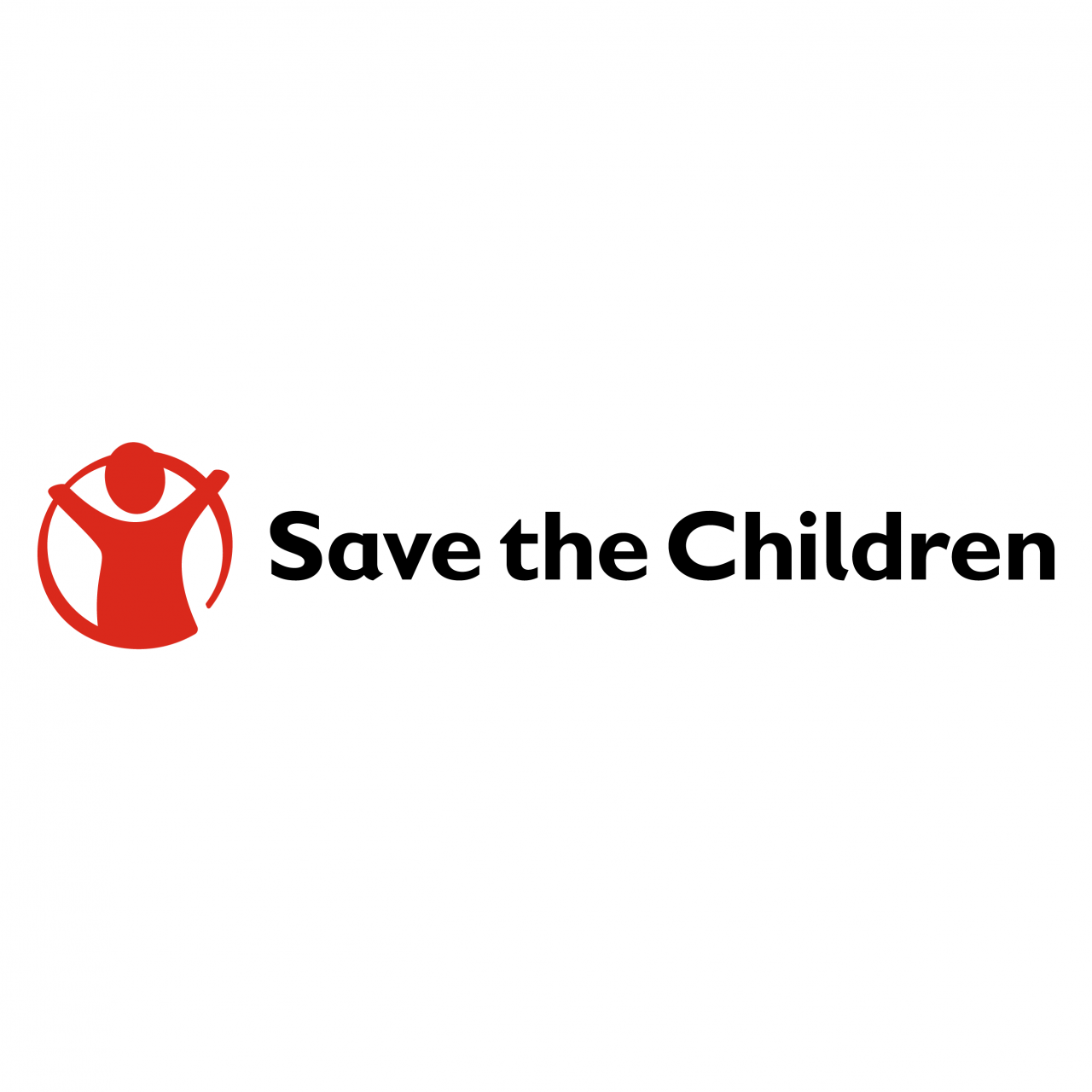
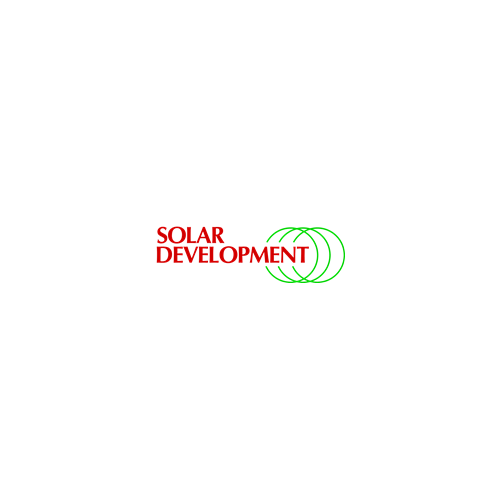
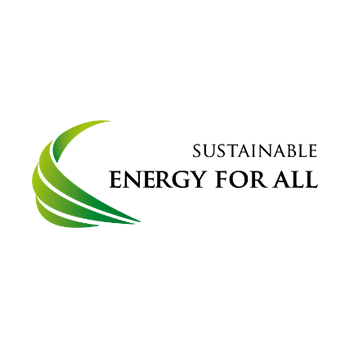


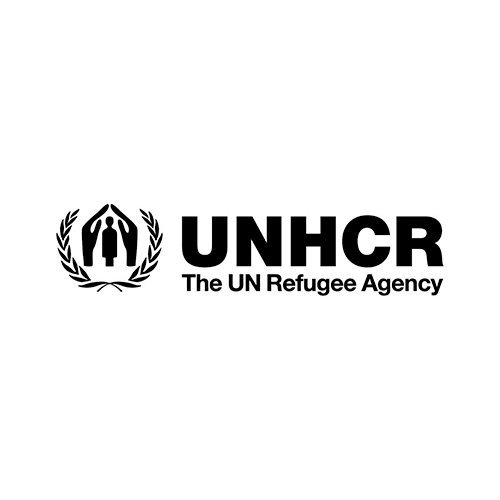

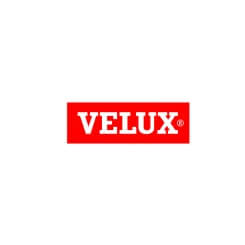
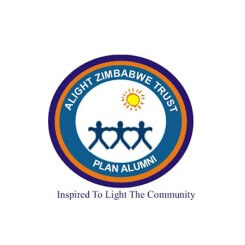
Press & Media
